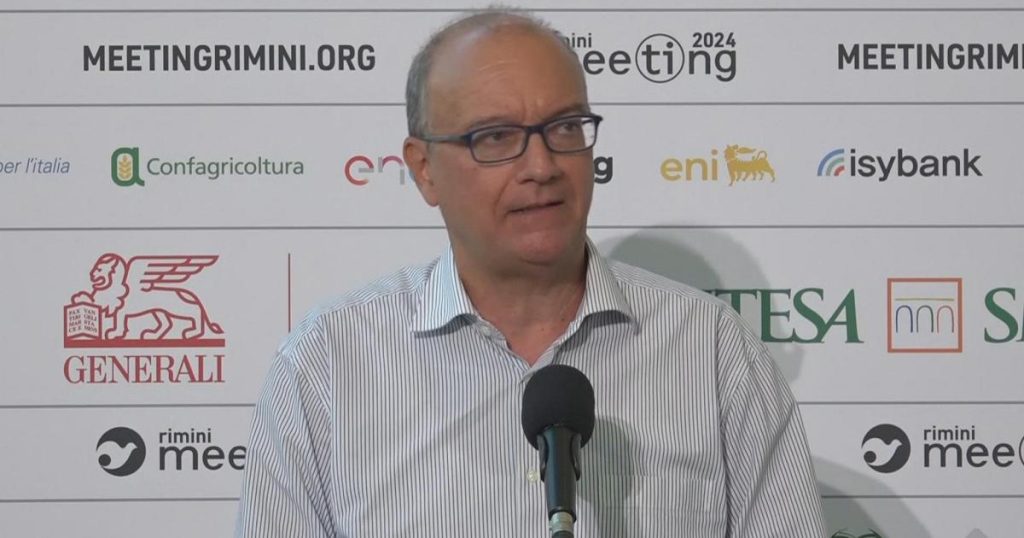Minister of Education and Merit, Giuseppe Valditara, believes that despite legitimate discussions where everyone is entitled to their opinions, there will always be a point of synthesis. He made this statement in response to concerns about possible disruptions within the majority following the debate on citizenship and the ius scholae. Valditara emphasized that in his almost two years in government, there has never been a majority vote against decisions made in Council of Ministers, as the majority has always remained united in their goal of changing Italy, starting with the education system.
Discussing the issue of granting citizenship, Valditara highlighted the importance of the educational path followed, the sharing of values, language proficiency, and a shared vision for the future as key factors to be considered. He also pointed out the importance of looking at other European countries, such as France and Germany, where recent citizenship reforms emphasize the need for integration and shared values before granting citizenship. Valditara stressed the importance of understanding and embracing the values of the host country as a prerequisite for becoming a citizen, as seen in both French and German laws.
Valditara expressed the need for a comprehensive reflection on citizenship policies, examining all perspectives to better integrate newcomers and ensure societal cohesion. He referenced the legislation implemented in France by President Macron, who is not considered right-wing, and in Germany by the social democrats, emphasizing the rigorous criteria for language proficiency, constitutional knowledge, and understanding of national history as prerequisites for citizenship. Valditara highlighted the importance of aligning with the fundamental values of the host society as a crucial step towards integration and citizenship.
The minister’s remarks come amidst ongoing debates on citizenship policies and requirements, with a focus on promoting integration and shared values as essential components for granting citizenship. Valditara’s stance reflects a commitment to fostering social cohesion and unity within the Italian society, emphasizing the importance of education, language proficiency, and adherence to core values in the citizenship process. By drawing parallels with citizenship laws in other European countries, he seeks to underscore the significance of integration and cultural assimilation as prerequisites for citizenship rights, shaping a more inclusive and cohesive society.
In conclusion, Valditara’s comments at the Rimini Meeting highlight the government’s commitment to reforming Italy, starting with the education system and extending to citizenship policies. His emphasis on unity within the majority and the need for consensus in decision-making reflects a strategic approach to governance amidst diverse opinions. By advocating for a values-based approach to citizenship, Valditara seeks to ensure that newcomers embrace the core principles of Italian society, fostering greater integration and social cohesion. As discussions on citizenship continue, his perspective serves as a reminder of the importance of shared values and cultural assimilation in creating a more inclusive and harmonious society.















